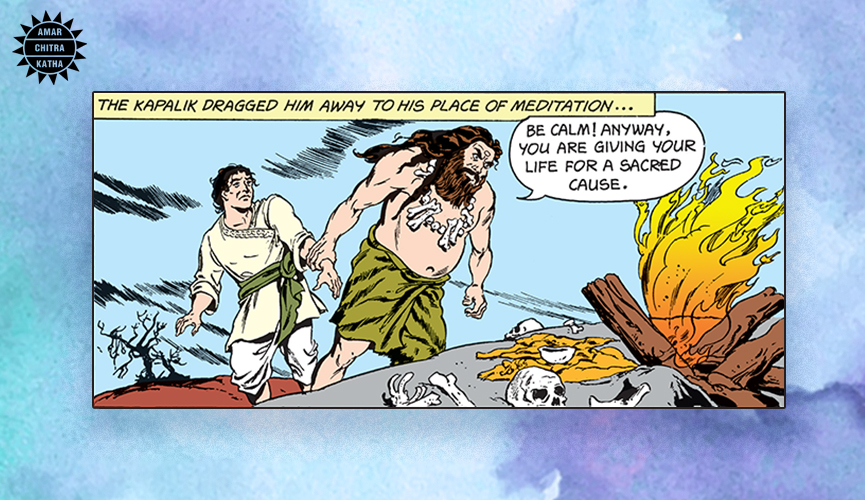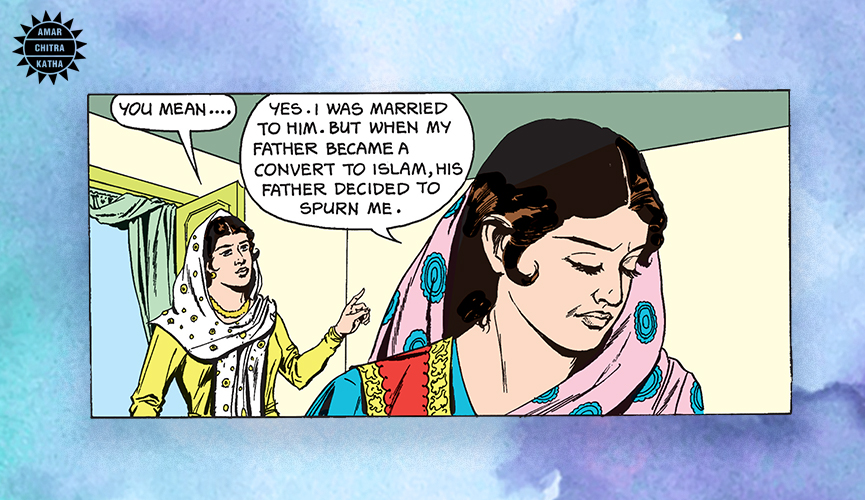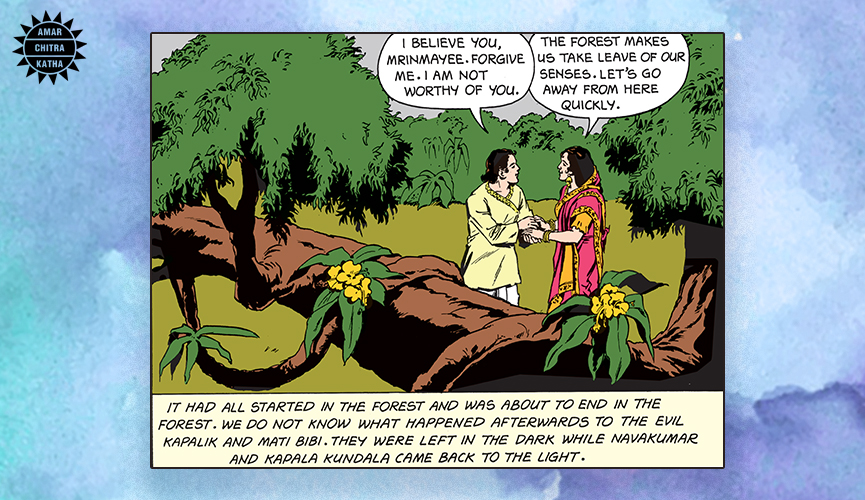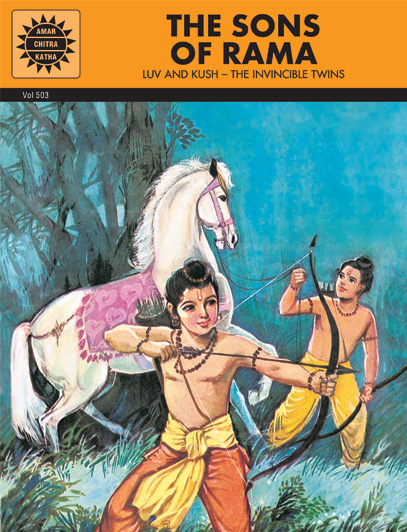Kapala Kundala
- March 23, 2023


Kapala Kundala
- March 23, 2023
By Srinidhi Murthy
Did you know Bankim Chandra Chatterjee was only twenty-eight years old when he wrote his second Bengali novel, Kapala Kundala? It is considered one of his finest works. Since its publication, Kapala Kundala has been translated into various languages including English, Hindi, Tamil, Sanskrit, and German.
Kapala Kundala is set during the reign of the Mughal Emperor Akbar. A boat, returning from a pilgrimage, loses its way and seeks refuge at a strange island. When the fog clears, the boat sets sail again, abandoning a passenger named Navakumar on the island. There, he meets a kapalik, a devotee of Goddess Kali, and a young maiden, Kapala Kundala. How these meetings change the lives of Navakumar, Kapala Kundala and the kapalik forms the rest of the story.
To receive more such stories in your Inbox & WhatsApp, Please share your Email and Mobile number.
Human Sacrifice
Navakumar first meets the kapalik while looking for shelter on the island. The kapalik offers his cottage as shelter, and food to Navakumar that night. The next day, when Navakumar asks the kapalik to help him to return home, the kapalik asks Navakumar to follow him. On their way through the forest, a beautiful young woman named Kapala Kundala emerges from between the trees and warns Navakumar that the kapalik plans to sacrifice him to Goddess Kali. When Navakumar refuses to go with the kapalik, he is forcefully dragged to the place of sacrifice. Chatterjee sheds light on the kapalika tradition, where a kapalik performs human sacrifice to please Goddess Kali. When Kapala Kundala, the foster daughter of the kapalik, saves Navakumar, the kapalik becomes enraged at his daughter for interfering with his sacrifice and vows revenge.

Religion and Revenge
Navakumar was married to a girl named Padmavati when they were both still children. When Padmavati’s father converted to Islam, Navakumar’s father spurned Padmavati and refused to acknowledge her marriage to his son. Padmavati later changes her name to Mati Bibi and meets Navakumar, after the events of the island have taken place. When she tells him about their childhood marriage, Navakumar refuses to accept her as his wife since he is now married to Kapala Kundala. Mati Bibi then disguises herself as a man and decides to get revenge on Kapala Kundala. Through Mati Bibi, the writer shows how misplaced anger can make people take drastic decisions that ruin their lives. Since childhood, Mati Bibi had seen Navakumar as her husband. Thus, when unfortunate circumstances separated them, she was unable to move on from her feelings and directed her anger towards Navakumar’s wife, who had played no part in her suffering.

Marriage and Trust
In ancient times, a women’s name was changed by her in-laws after marriage. This practice is still prevalent in some parts of the nation. In this story, the writer highlights this practice as Kapala Kundala’s name is changed to Mrinmayee after her marriage to Navakumar. The writer also shows the importance of trust in a marriage. Navakumar sees Kapala Kundala with Mati Bibi, who is disguised as a man, at midnight in the forest. He grows enraged and his distrust is further fuelled by the kapalik, who convinces Navakumar to sacrifice Kapala Kundala to Kali for her unfaithfulness. Blinded by his anger, Navakumar is quick to agree. It is only when he confronts Kapala Kundala that he remembers this is the girl who saved his life and that it was foolish to trust the kapalik over his wife. This realisation rebuilds Navakumar’s trust, which not only saves his marriage but also Kapala Kundala’s life.

Kapala Kundala was adapted into four Bengali films of the same name in 1929, 1933, 1952, and 1981. It was also adapted into a Hindi movie in 1939 and a television series that aired on DD National. The novel was also adapted by Amar Chitra Katha as a comic, written by Debrani Mitra.
Read the entire story of Kapala Kundala on the ACK Comics app!
To receive more such stories in your Inbox & WhatsApp, Please share your Email and Mobile number.

Comic of The Month
The Sons of Rama
The story of Rama and Sita was first set down by the sage Valmiki in his epic poem 'Ramayana.' Rama was the eldest son of Dasharatha, the king of Ayodhya, who had three wives - Kaushalya, Kaikeyi and Sumitra. Rama was the son of Kaushalya, Bharata of Kaikeyi and Laxmana and Shatrughna of Sumitra. The four princes grew up to be brave and valiant. Rama won the hand of Sita, the daughter of King Janaka. Dasharatha wanted to crown Rama as the king but Kaikeyi objected. Using boons granted to her by Dasharatha earlier, she had Rama banished to the forest. Sita and Laxmana decided to follow Rama. While in the forest, a Rakshasi, Shoorpanakha, accosted Laxmana but had her nose cut off by him. In revenge, her brother Ravana, king of Lanka, carried Sita away. Rama and Laxmana set out to look for her and with the help of an army of monkeys, defeated Ravana. On returning Ayodhya after fourteen years of exile, Rama banished Sita because of the suspicions of his subjects. In the ashrama of sage Valmiki, she gave birth to her twin sons, Luv and Kush.